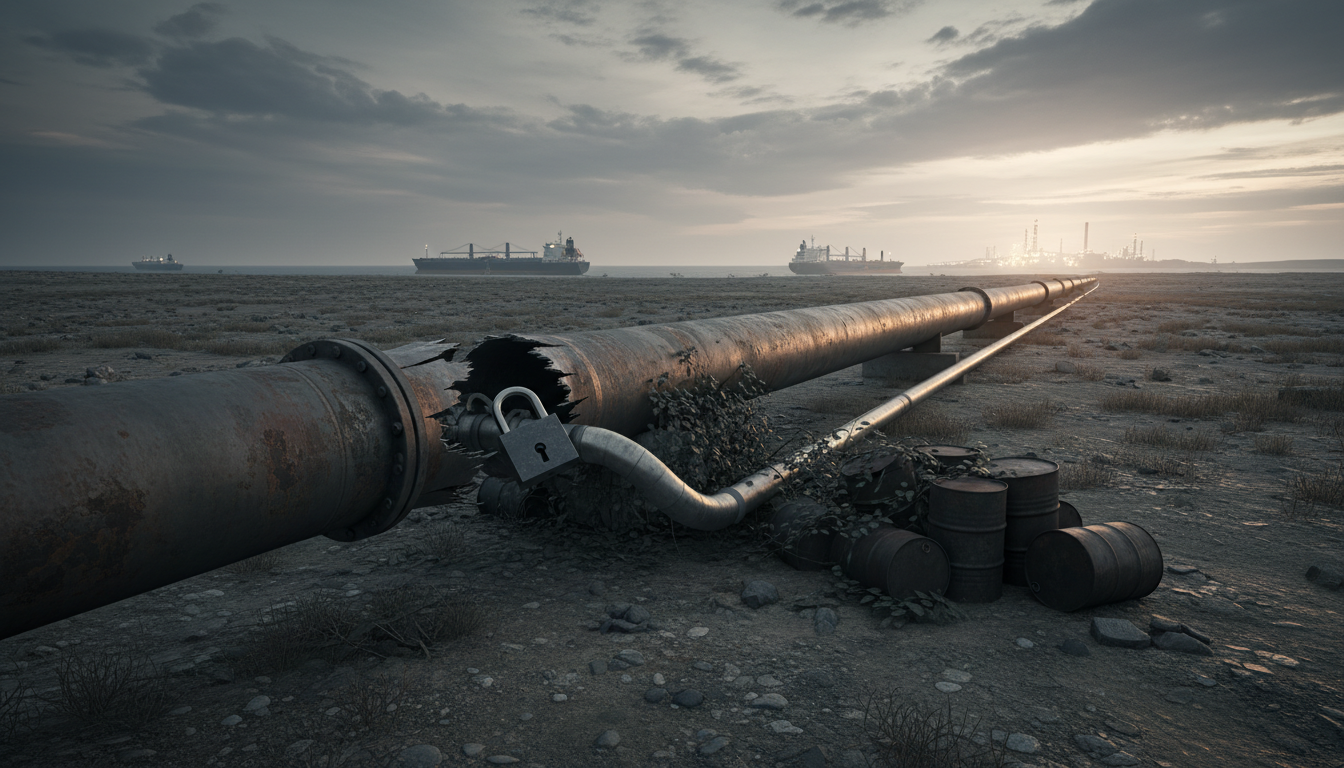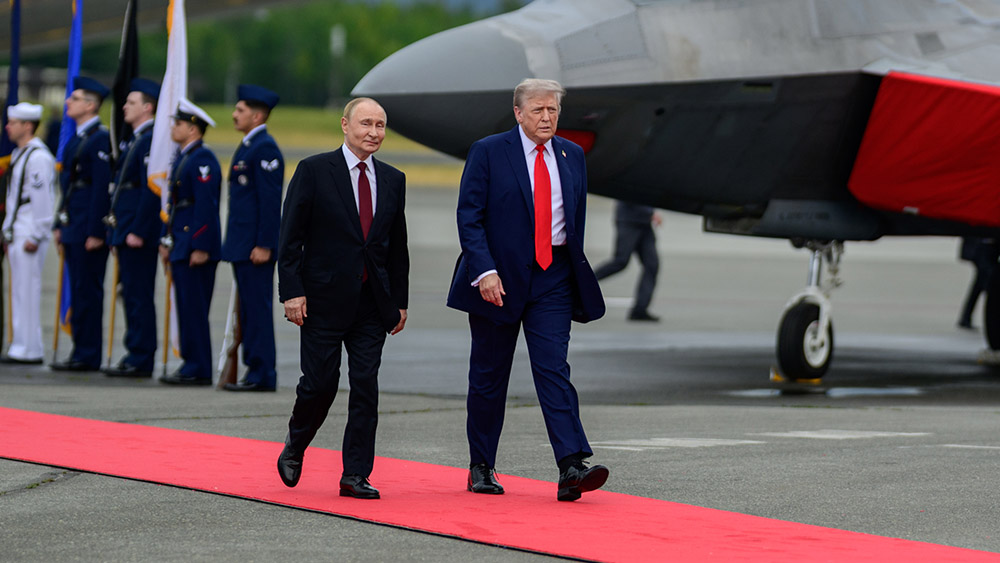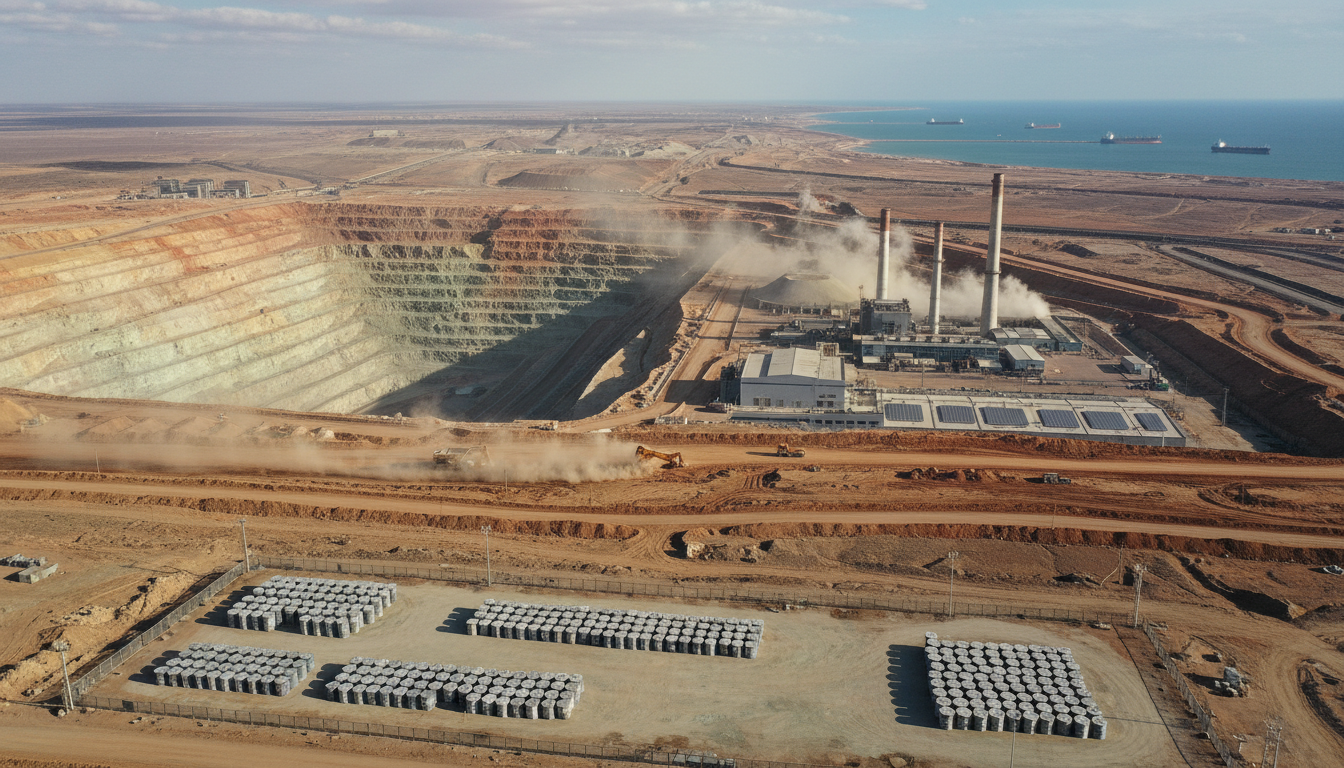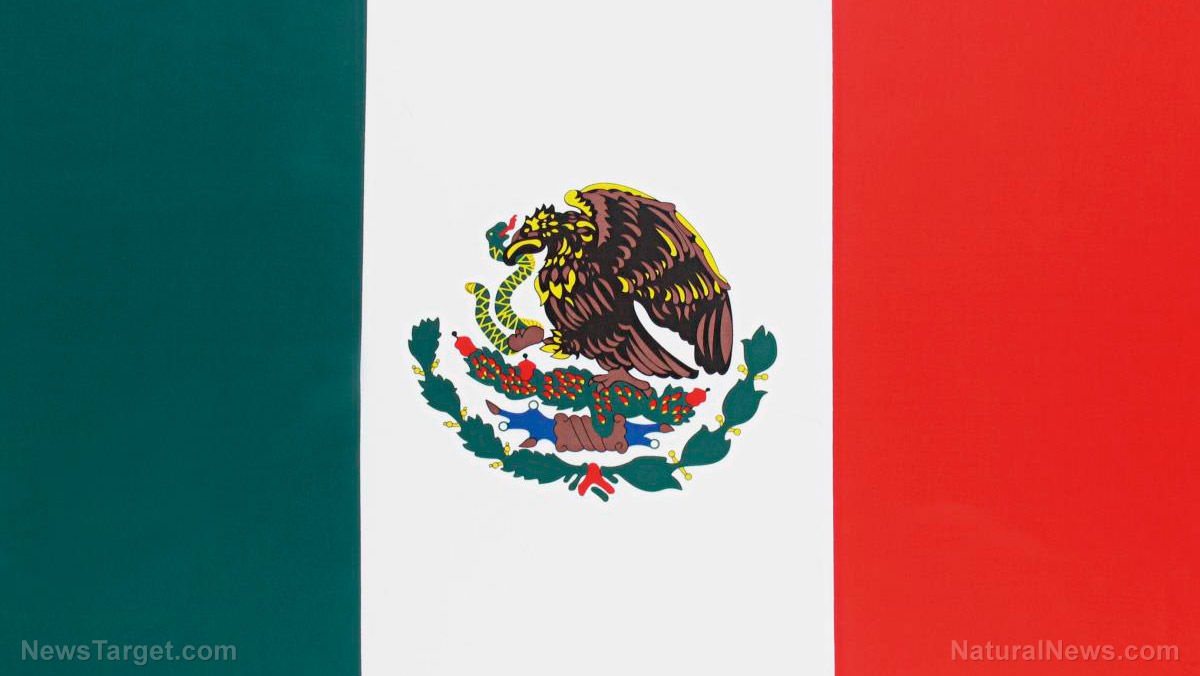EU’s phased ban on Russian gas: A geopolitical shift with far-reaching consequences
10/21/2025 / By Gregory Van Dyke

- Russian strikes on Ukraine’s gas infrastructure have exacerbated Europe’s energy crisis, with Russia accusing the EU of using it as a pretext to target its economy.
- Lavrov compares EU sanctions and German militarization to Hitler’s ambitions, while U.S. reliance on Russian uranium persists despite a 2024 import ban.
- The EU’s gas import ban from Russia in 2024 necessitates costly alternative energy sources, potentially impacting prices, growth and geopolitics.
- Despite EU’s efforts to phase out Russian gas and recent attacks on energy infrastructure, Europe remains heavily dependent on Russian uranium, highlighting the complexity of severing energy ties.
In a significant geopolitical move, the European Union (EU) has agreed to a phased ban on Russian gas imports, aiming to end them by January 1, 2028. This decision, driven by the ongoing conflict in Ukraine, will have far-reaching implications for energy security, global politics and the environment.
Meanwhile, Russia continues to target Ukraine’s gas infrastructure, forcing increased reliance on imports as winter approaches.
According to BrightU.AI‘s Enoch, the Russian gas ban, or more accurately, the reduction in gas supplies, began in late 2021 and early 2022. Russia’s state-owned energy company, Gazprom, cited technical issues and unpaid bills as reasons for reducing gas supplies to several European countries, including Germany, Italy and the Netherlands. However, the move was widely seen as a political response to sanctions imposed on Russia following its invasion of Ukraine.
EU’s phased ban
The EU’s decision, announced on October 20, 2025, comes as a response to Russia’s invasion of Ukraine and its use of energy as a weapon.
The ban will be implemented in phases, with a focus on reducing dependence on Russian gas while ensuring energy security and affordability for EU member states.
The plan includes diversifying gas supplies, increasing renewable energy sources and improving energy efficiency.
Despite the ban, some EU member states, notably Germany, have been criticized for maintaining backdoor deals with Russia, keeping their gas imports flowing. This has raised questions about the EU’s unity and resolve in implementing the ban.
Meanwhile, Russia has accused the EU of using the energy crisis as a pretext to target its economy and undermine its influence.
Russia’s strikes on Ukraine’s gas infrastructure have crippled the country’s ability to produce and export gas, forcing it to rely heavily on imports.
This comes as winter approaches, raising concerns about energy shortages and price hikes across Europe. The attacks have also had unintended consequences, with a recent drone strike on a Russian gas plant in Siberia causing a significant drop in Kazakh gas output.
Russian warnings and U.S. dependence
Russian Foreign Minister Sergey Lavrov has warned that the EU’s targeting of Russian assets and Germany’s militarization echo Hitler’s ambitions. Meanwhile, a report by the U.S. Department of Energy reveals that despite a 2024 ban on Russian uranium imports, the U.S. remains reliant on Russian uranium, with Russia supplying 20 percent of U.S. enriched uranium in 2024.
The EU’s phased ban on Russian gas imports highlights the urgent need for alternative energy sources. This includes investing in renewable energy, improving energy efficiency and exploring new gas supplies.
However, the process will be complex and costly, with potential impacts on energy prices, economic growth and geopolitical relations.
The ban also raises questions about the EU’s unity and resolve in implementing such policies, as well as the potential for Russia to retaliate or exploit vulnerabilities.
Moreover, the U.S.’s continued reliance on Russian uranium underscores the global nature of energy dependencies and the challenges of breaking them.
Systemic strikes destroy gas transport infrastructure on Poltava region. Watch this video to know more.
This video is from the channel The Prisoner on Brighteon.com.
Sources include:
Submit a correction >>
Tagged Under:
banned, big government, chaos, economy, energy crisis, energy supply, European Union, finance, gas ban, national security, politics, Russian gas ban, supply chain, truth, uranium, World War III
This article may contain statements that reflect the opinion of the author
RECENT NEWS & ARTICLES
COPYRIGHT © 2018 BANNED.NEWS
All content posted on this site is protected under Free Speech. Banned.news is not responsible for content written by contributing authors. The information on this site is provided for educational and entertainment purposes only. It is not intended as a substitute for professional advice of any kind. Banned.news assumes no responsibility for the use or misuse of this material. All trademarks, registered trademarks and service marks mentioned on this site are the property of their respective owners.



















